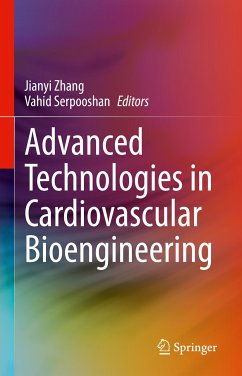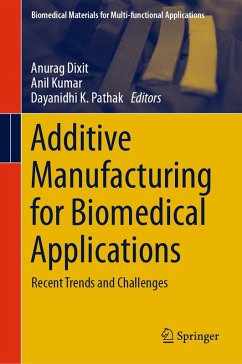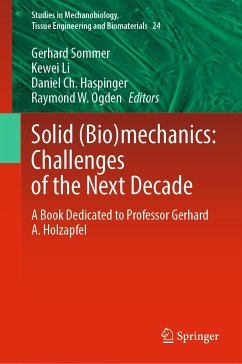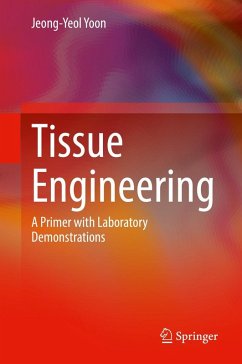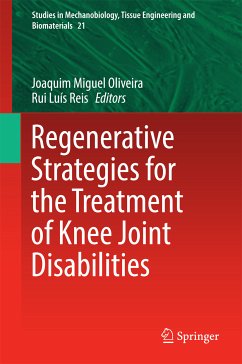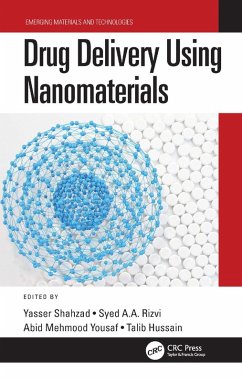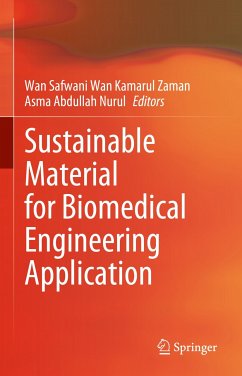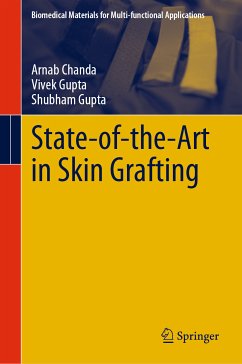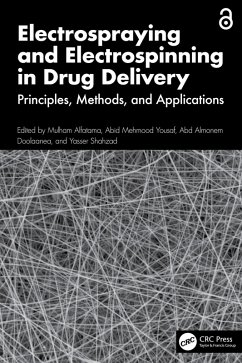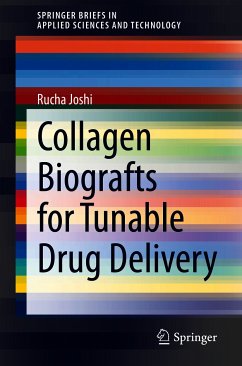
Collagen Biografts for Tunable Drug Delivery (eBook, PDF)
Versandkostenfrei!
Sofort per Download lieferbar
40,95 €
inkl. MwSt.
Weitere Ausgaben:

PAYBACK Punkte
20 °P sammeln!
This book reviews collagen-based biomaterials that have been applied broadly to tissue engineering and local drug delivery applications and lays out a landscape for developing a multifunctional biograft material from collagen polymers. The book also discusses current shortcomings in collagen based drug delivery opportunities, including poor mechanical properties, rapid proteolytic degradation, and cursory control over physical properties and molecular release profiles. Finally, a review of application of the collagen biograft materials for promoting neovascularization and tissue regeneration i...
This book reviews collagen-based biomaterials that have been applied broadly to tissue engineering and local drug delivery applications and lays out a landscape for developing a multifunctional biograft material from collagen polymers. The book also discusses current shortcomings in collagen based drug delivery opportunities, including poor mechanical properties, rapid proteolytic degradation, and cursory control over physical properties and molecular release profiles. Finally, a review of application of the collagen biograft materials for promoting neovascularization and tissue regeneration is presented, using examples of established in-vivo chicken egg chorioallantoic membrane (CAM) model. Use of heparin for affinity-based vascular endothelial growth factor (VEGF) retention in collagen constructs is also discussed for promoting neovascularization.
- Reviews state-of-the-art strategies for drug incorporation and retention in collagen¿;
- Covers collagen based material applications for improving vascularization and tissue regeneration;
- Illustrates how to tailor collagen architecture for soft tissue engineering and controlled drug delivery.
Dieser Download kann aus rechtlichen Gründen nur mit Rechnungsadresse in A, B, BG, CY, CZ, D, DK, EW, E, FIN, F, GR, HR, H, IRL, I, LT, L, LR, M, NL, PL, P, R, S, SLO, SK ausgeliefert werden.




